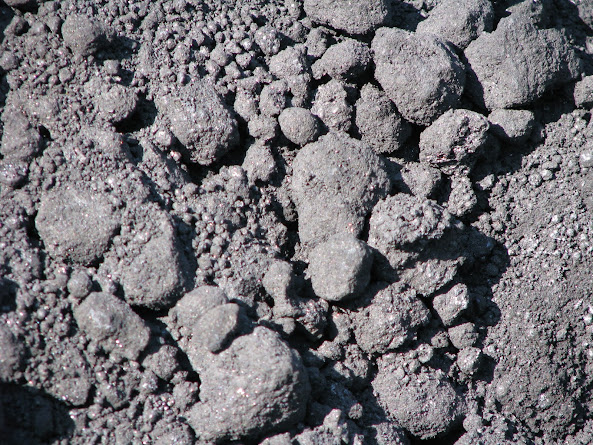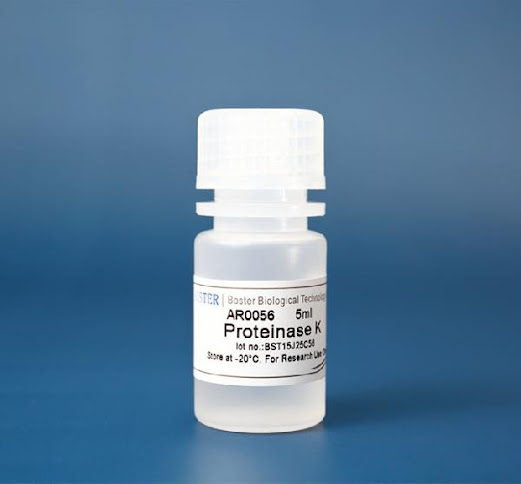Petroleum Coke (Petcoke) Market continues to grow as ExxonMobil Catalysts and Licensing LLC enters into a licensing agreement with Axens to provide FLEXICOKING Technology and Integrated Resid conversion solutions
Petroleum coke, also abbreviated as petcoke
or coke, is a by-product of crude oil production and is among one category of
the group of fossil fuels called combustible substances are known as
combustibles. Like other fossil fuels, petroleum coke is subject to a range of
environmental concerns including climate change, air pollution, acid rain, and
global warming. Many oil & gas corporations are focused on the expansion of
their refinery capacity, for which significant investment is being made. With
rising industrialization and urbanization, the demand for oil & gas has
increased globally, making refinery expansion an imperative process. Recently,
in February 2021, Indian Oil, an Indian government-owned oil and gas
corporation, announced to invest US$ 4.5 billion in Panipat, India refinery.
Thus, such factors can augment growth of the petroleum coke (petcoke) market.
The demand for petroleum coke is
based on its ability to substitute oil and gasoline. Many automobile
manufacturers and other transportation equipment manufacturers have turned to
fuel coke as an alternative because of its low cost, availability and
environmental friendliness. Many countries have banned the use of petroleum
coke in their vehicles because of its byproducts that cause air pollution. As
far as geographical impact is considered, North America seems to be gaining a
key advantage in the petroleum
coke (petcoke) market since the primary metal industry is expanding
rapidly. Similarly, in Asia Pacific, the demand for petcoke is significantly
high due to rapid development of public infrastructure and rising investment in
new commercial and industrial facilities in the region.
Recently, in January 2020, ExxonMobil
Catalysts and Licensing LLC entered into a licensing agreement with Axens to
provide FLEXICOKING Technology and Integrated Resid conversion solutions.
Petcoke is produced from crude oil in
the same way that refined petroleum is. A process called transesterification is
used to convert petroleum coke to gasoline, but instead of turning the crude
into liquid fuel, it is converted to a gas called crude oil fuel (crude oil
fuel is also sometimes called calcined fuel or petrodiesel). As stated above,
petroleum coke is produced by a process that separates oil refined from
petroleum byproducts. Regardless, there are many adversities that could pose a
major hurdle in the growth of the market. The use of petcoke can lead to
environmental impacts and various health hazards. Besides, high sulfur content
can lead to an adverse effect on aquatic and terrestrial environments. Hence,
these factors can inhibit growth of the petroleum coke (petcoke) market.
Over the years, governments of many
countries have started implementing stringent regulations on coal and coal
power. With rising emphasis on reducing carbon footprint and increasing preference
for renewable energy, the demand for petcoke is likely to increase in the near
future. Besides, coke is being widely used as a substitute for coal in furnaces
and boilers, which can potentially stimulate growth of the petroleum coke
(petcoke) market in the near future.




Comments
Post a Comment